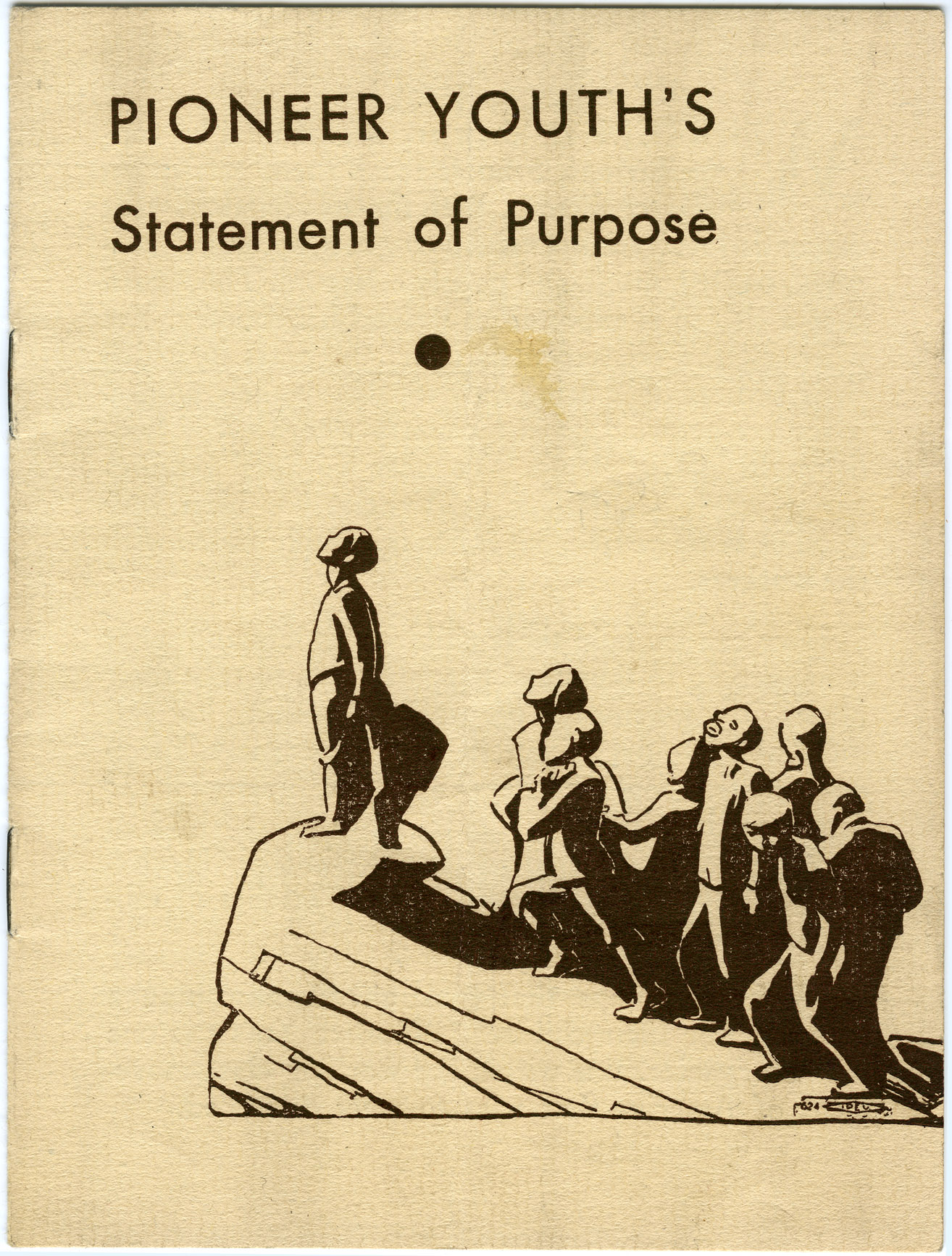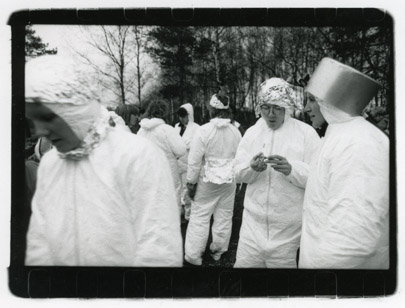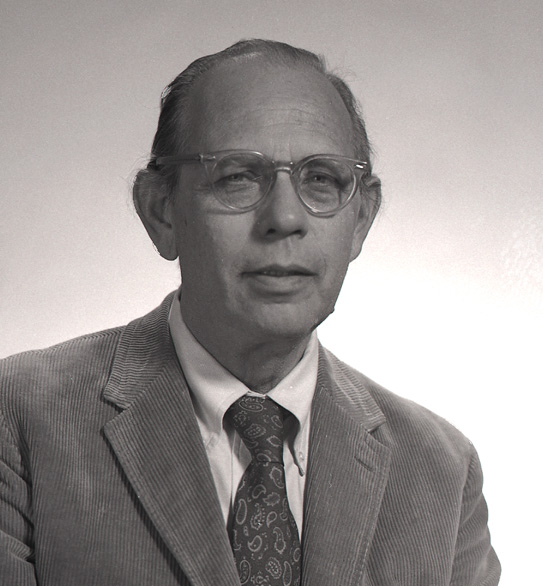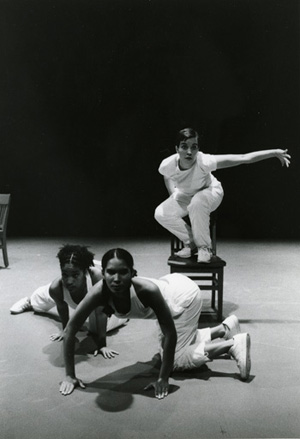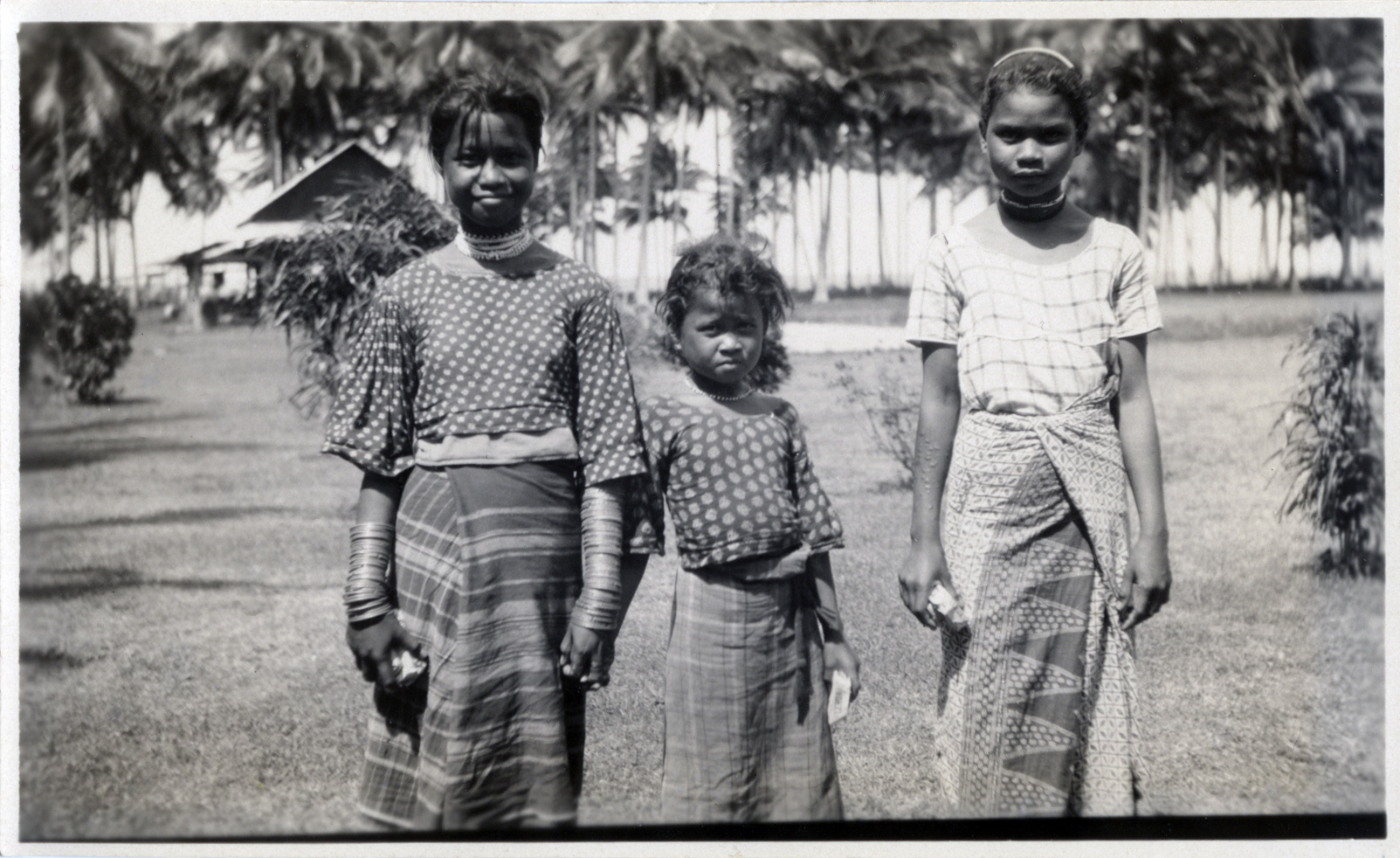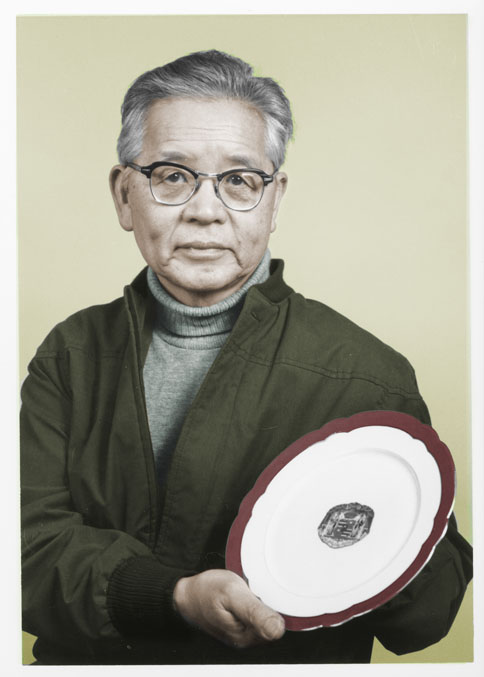Aldin Grout papers
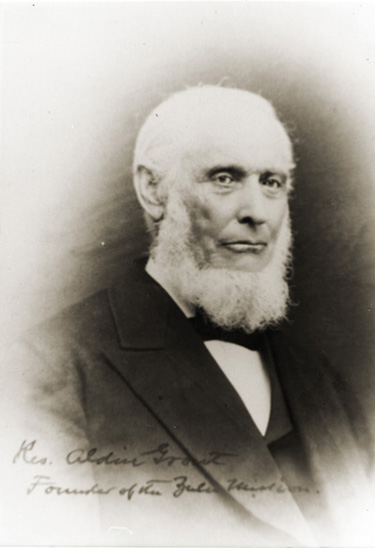
Aldin Grout was among the first American missionaries to the Zulus. Experiencing a religious conversion in his early twenties, Grout dedicated his life to the ministry, studying at Amherst College (1831) and Andover Theological Seminary (1834) before accepting an overseas appointment through the American Board of Christian and Foreign Missions. In Nov. 1835, Grout and his new wife Hannah (Davis) sailed for South Africa, destined with two other missionary couples for the Natal Province. Even after Hannah died of a lingering illness following the birth of a daughter in December 1835, Grout pressed onward in the cause, not returning home until the end of 1837. Placing his daughter under the care of family, and remarrying to Charlotte (Bailey), he wasted little time in returning to South Africa, remaining there from June 1840 until retiring in 1870, primarily at Umvoti station. In his latter years in Springfield, Grout was active in ABCFM efforts to translate the Bible into Zulu (1883) and he wrote occasionally about his missionary experiences. Aldin Grout died in Springfield on 1894, followed by Charlotte in 1896.
The roughly 195 letters in the Grout collection provided a remarkable commentary on American missionary activities in colonial South Africa, Grout’s personal religious convictions, and the lives of the Zulus to whom he ministered. The collection also includes a handful of fragmentary autobiographical and historical sketches written after Grout’s retirement, a wealth of letters from Grout’s wives and fellow missionary workers, Hannah and Charlotte.

